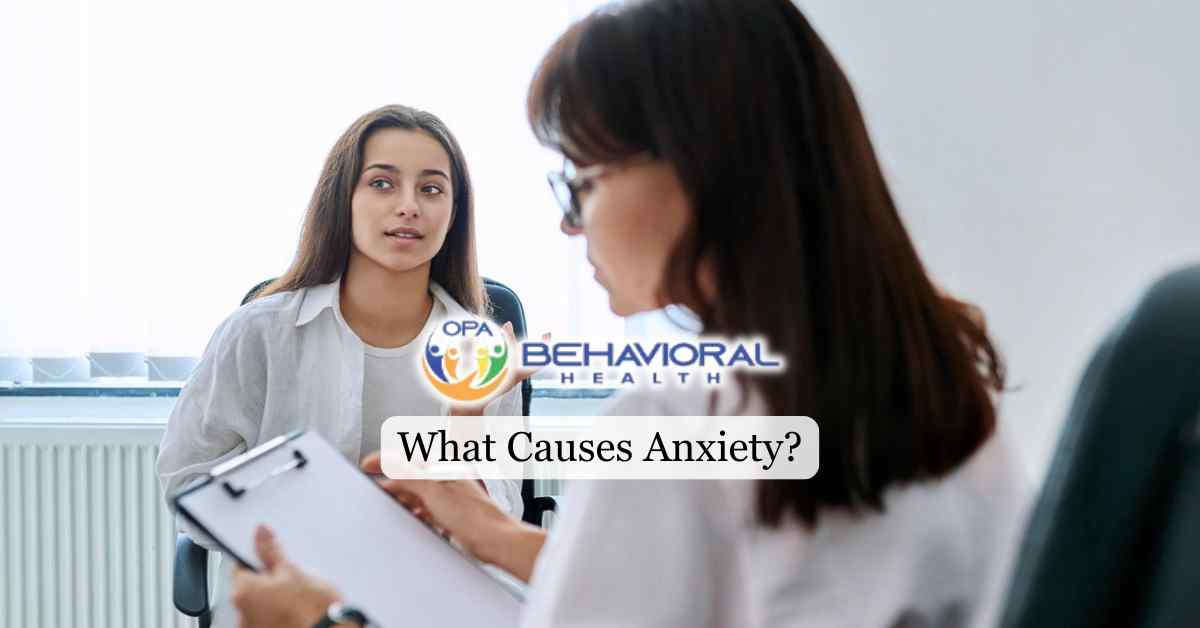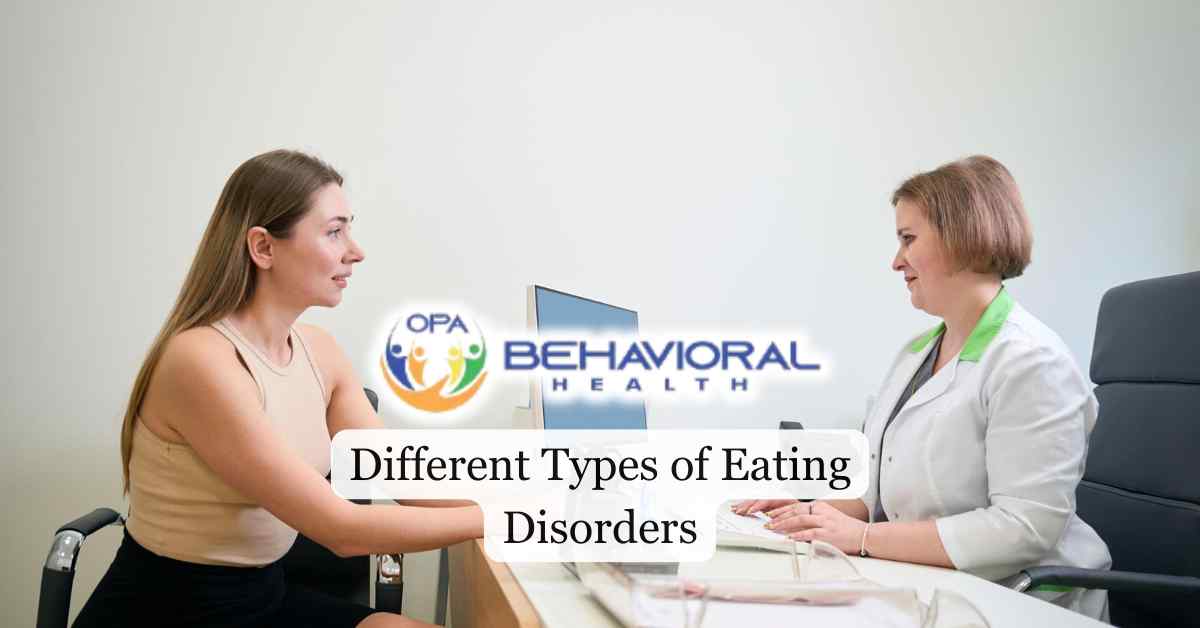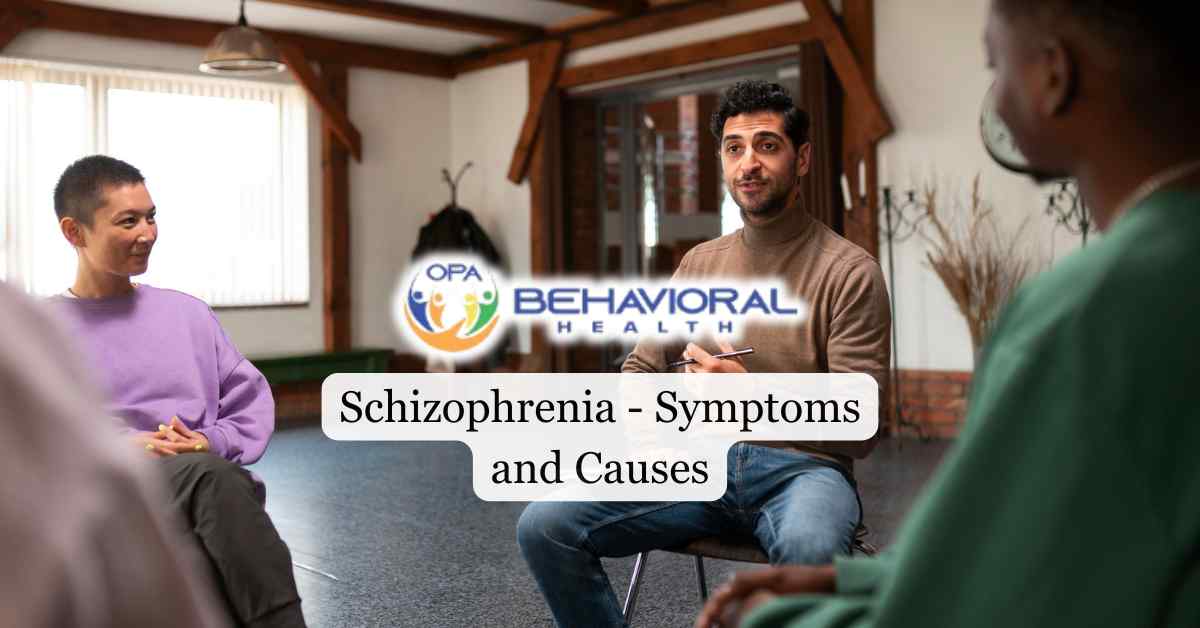Anxiety is a normal human reaction to stress, often marked by feelings of worry, nervousness, or unease. While it’s common for everyone to experience anxiety at some point in their lives, for some individuals, it can become a persistent and overwhelming force that disrupts daily activities. Anxiety disorders, which include a variety of conditions such as generalized anxiety disorder, panic disorder, and social anxiety disorder, impact millions of people around the globe.
Understanding the causes of anxiety is essential for developing effective strategies to manage and treat this widespread mental health issue.

Traumatic Experiences
Trauma’s echoes can reverberate through a person’s life, triggering anxiety long after the initial event. Traumatic events, especially those experienced during childhood, can significantly impact your mental health and increase the likelihood of developing anxiety disorders.
Childhood trauma, such as abuse, neglect, or witnessing domestic violence, can alter brain development and heighten your sensitivity to stress, making you more vulnerable to anxiety when faced with negative life events or stressful situations later in life.
Experiencing bullying, the loss of a loved one, or other distressing events can also contribute to the development of anxiety, as these experiences leave lasting emotional scars and may lead to a persistent fear of similar situations.
Ongoing stressors, such as financial instability or housing insecurity, can further exacerbate anxiety symptoms, creating a cycle of distress that stems from past traumas.
It’s important to recognize the impact of traumatic experiences on your mental health and seek support to address the root causes of your anxiety. Opting for the Cognitive-Behavioral Therapy we provide at OPA Behavioral Health is a significant step in managing symptoms of anxiety disorders and improving overall well-being.
Brain Chemistry Imbalances
Neurotransmitters, the chemical messengers in your brain, are crucial for regulating mood and anxiety levels. When there’s an imbalance in these neurotransmitters, it can lead to heightened anxiety symptoms.
Low levels of serotonin, for example, are linked to increased anxiety and depression. Serotonin helps regulate your emotions, and when it’s lacking, you may feel more anxious and on edge.
Similarly, norepinephrine, which is involved in your body’s stress response, can cause panic attacks and excessive worrying when it’s overactive. GABA, another neurotransmitter, reduces neuronal excitability, and its reduced activity has been implicated in anxiety disorders.
Check out what the Different Types of Anxiety Disorders to learn how each of them manifests in everyday life.
Genetic Predisposition
Your genetic makeup can significantly influence your susceptibility to developing anxiety disorders. Studies indicate that if you have a first-degree relative with an anxiety disorder, you’re more likely to experience similar issues yourself. Research suggests that heritability estimates for anxiety disorders range from 30% to 50%, highlighting the substantial genetic component in their development.
Specific genes related to neurotransmitter systems, such as those involving serotonin and norepinephrine, have been implicated in the vulnerability to anxiety disorders. Twin studies have shown that if you’re an identical twin, you and your sibling are more likely to both experience anxiety disorders compared to fraternal twins, emphasizing the role of genetics.
Variations in your genes, particularly those affecting your brain’s stress response systems, can influence your resilience to environmental stressors and the likelihood of developing anxiety disorders.
Environmental and Social Factors
You’re more likely to experience anxiety if you’re facing financial strain, low income, or other significant life stressors.
Social isolation can also exacerbate feelings of anxiety and depression, especially if you’re part of a vulnerable population like older adults. If you’ve gone through negative life events, such as the death of a partner, unemployment, or divorce, you may report more severe anxiety symptoms than those who are socially connected.
Cultural pressures regarding body image and societal expectations for success can contribute to feelings of inadequacy and anxiety, particularly if you’re part of a marginalized group facing systemic inequalities.
Unfortunately, access to mental health resources is often hindered by barriers like long waiting times, transportation issues, and stigma, which can prevent you from seeking necessary support and worsen your anxiety symptoms.
Read more about the Signs You Need to Seek Professional Help for Anxiety sand don’t overlook your condition, even if it means overcoming obstacles to access the care you deserve.

Personality Traits
If you have high levels of neuroticism, you’re more likely to experience negative emotions and stress sensitivity, increasing your risk of developing anxiety.
Perfectionism, where you set excessively high standards and are overly critical of yourself, can also contribute to anxiety, as the fear of not meeting those standards may lead to excessive worry and self-doubt.
If you have an anxious personality type, you may exhibit traits like shyness, low self-esteem, and difficulty handling stress, predisposing you to anxiety disorders. Your sensitivity to environmental stressors, including social situations and criticism, may be more pronounced, making you more susceptible to anxiety.
Research also indicates that if you have avoidant personality traits, shying away from social interactions and fearing judgment, you’re at a heightened risk for social anxiety disorder.
Substance Use and Medication
Stimulants, such as caffeine and nicotine, may exacerbate anxiety symptoms and trigger panic attacks, particularly if you’re susceptible to anxiety.
While alcohol might initially provide a calming effect, it can lead to increased anxiety and withdrawal symptoms, potentially contributing to a cycle of dependence and heightened anxiety.
Certain medications, including corticosteroids and some antidepressants, may have side effects that include increased anxiety or agitation, complicating treatment for those with anxiety disorders.
It’s essential to understand how prescribed medications affect your anxiety, as dosage adjustments or interactions with other medications can cause heightened anxiety.
If you’re going through withdrawal from substances like alcohol or benzodiazepines, it’s common to experience significant anxiety symptoms. This makes it essential to reach out for professional help during the detox process. OPA Behavioral Health provides anxiety treatment options that are specifically designed to support you through this challenging time.
Final Thoughts from OPA Behavioral Health
While understanding the cause of anxiety is important, it is equally crucial to focus on effective treatment options, such as therapy, medication, or a combination of both. Consulting with OPA Behavioral Health’s mental health professionals can help individuals identify the root causes of their anxiety and consequently develop a personalized treatment plan. We provide mental health services across several locations in Florida where our staff is prepared to offer the needed assistance and therapy in a safe environment.








